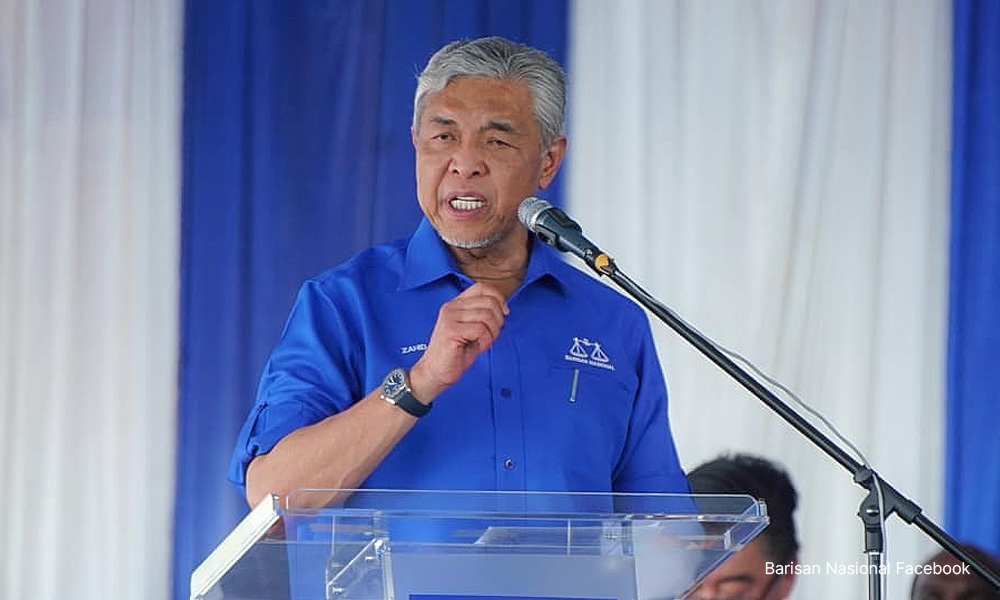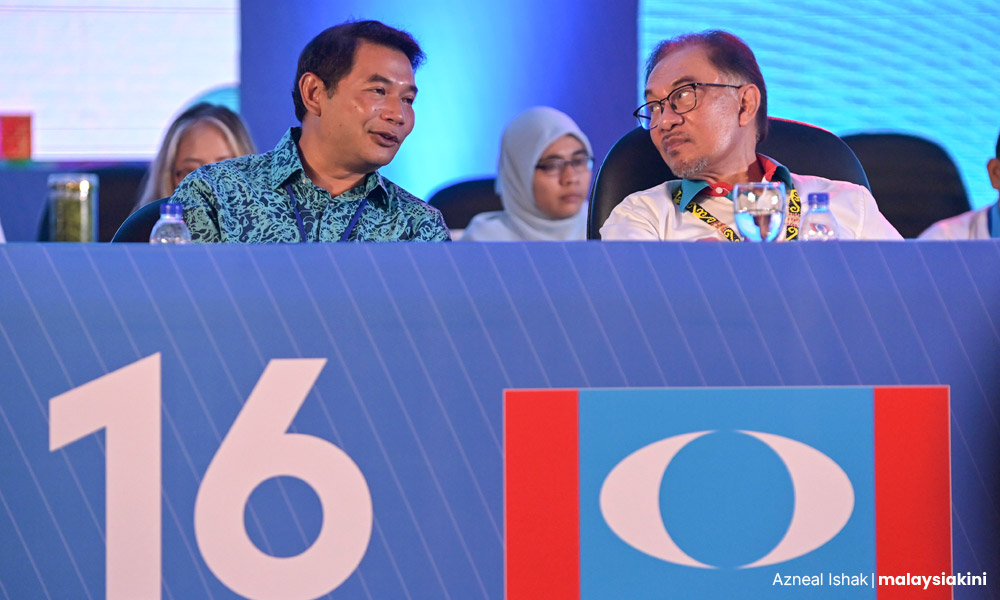COMMENT | The general election is a war of collision between coalitions.
The state elections in Sabah in September 2020; in Malacca in November 2021; in Sarawak last December; and in Johor in March, were wars of attrition - preludes to the big collision which is what the 15th general election (GE15) ought to be.
But judging from the composition of the candidate list of the major parties - Umno, PKR, and DAP - GE15 smacks of the primaries rather than the finale.
Supremos in each of the majors have composed their candidate list to win intra-party battles that are coming up on their watch.
For GE15, they have opted for navel-gazing rather than scanning the national horizon to see what personnel they should equip themselves with to contend with the fundamental issues that are looming.
Thus, GE15, which ought to be a war of collision between coalitions, has become a strife of individual leaders’ interests rather than a clash of visions and of personnel fitted to implement them.
It is as if party supremos are not looking to the electorate for a meaningful mandate so much as to obtain the endorsement they need to ensure their survival.
Purging rivals
The supremos of Umno, DAP, and PKR have each drawn up a candidate list that will serve their need for post-general election longevity.
That is why the background music to GE15 is the whine of axes being ground, the better to win battles coming up on respective supremos’ turfs.
The DAP has warned that Ahmad Zahid Hamidi of Umno has composed a candidate list that suggests he will want to be prime minister although Umno has assured that caretaker prime minister Ismail Sabri Yaakob will continue to be PM should Umno-BN win the election.

The Umno candidate list has been shorn of Ismail Sabri’s supporters but this does not necessarily mean that he is a gone case for the post of PM.
DAP’s move to raise the alarm over a Zahid post-GE15 premiership is undercut by the fact that its chairperson Lim Guan Eng is also beset with corruption charges.
Moreover, the DAP candidate list is also suspected to have been drawn up with Lim’s desire to stay on as party chairperson in the wake of speculation that a faction aiming to cut the length of his stay at the top is burgeoning within the party.
Within PKR, Anwar is said to have composed a candidate list that should help him ward off a challenge by deputy president Rafizi Ramli when the next party polls are held in three years’ time.

Voters’ disappointment
Unfortunately, all this manoeuvring reinforces the pervasive feeling among voters, disappointed that the change they voted for at GE14 did not pan out, making one coalition seem to them as good or as bad as the other.
Scepticism is the inevitable by-product when parties don’t deliver on promises they have made prior to the polls.
A general voter disinclination to differentiate between the competing coalitions has fuelled expectations that the turnout in GE15 would be low, a drop that presages victory for Umno-BN.
But that win is not expected to give the victor a comfortable margin, making cooperation between hitherto unlikely collaborators necessary in the interest of giving the people a stable government.
This is not necessarily a bad thing as it should lead to a reduction of the race-and-religion quiddities around which Malaysia’s politics obsessively revolve. That would be a laudable development.
So even if GE15 appears to witness a contraction of the visions of the competing coalitions in favour of their supremos’ longevity interests, the likeliest outcome of a government of national unity with a reductive effect on the toxic politics of race and religion would be something of a bonus.
In democratic politics, good can come out of bad. That is the reason for the superiority of that form of government over its competitors.
TERENCE NETTO is a journalist with half a century's experience.
The views expressed here are those of the author/contributor and do not necessarily represent the views of Malaysiakini.

